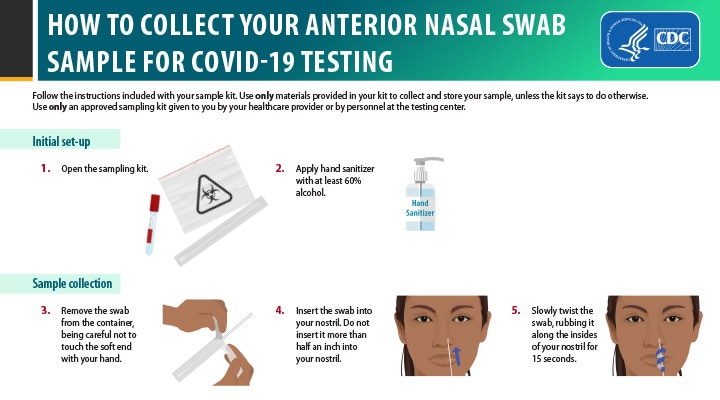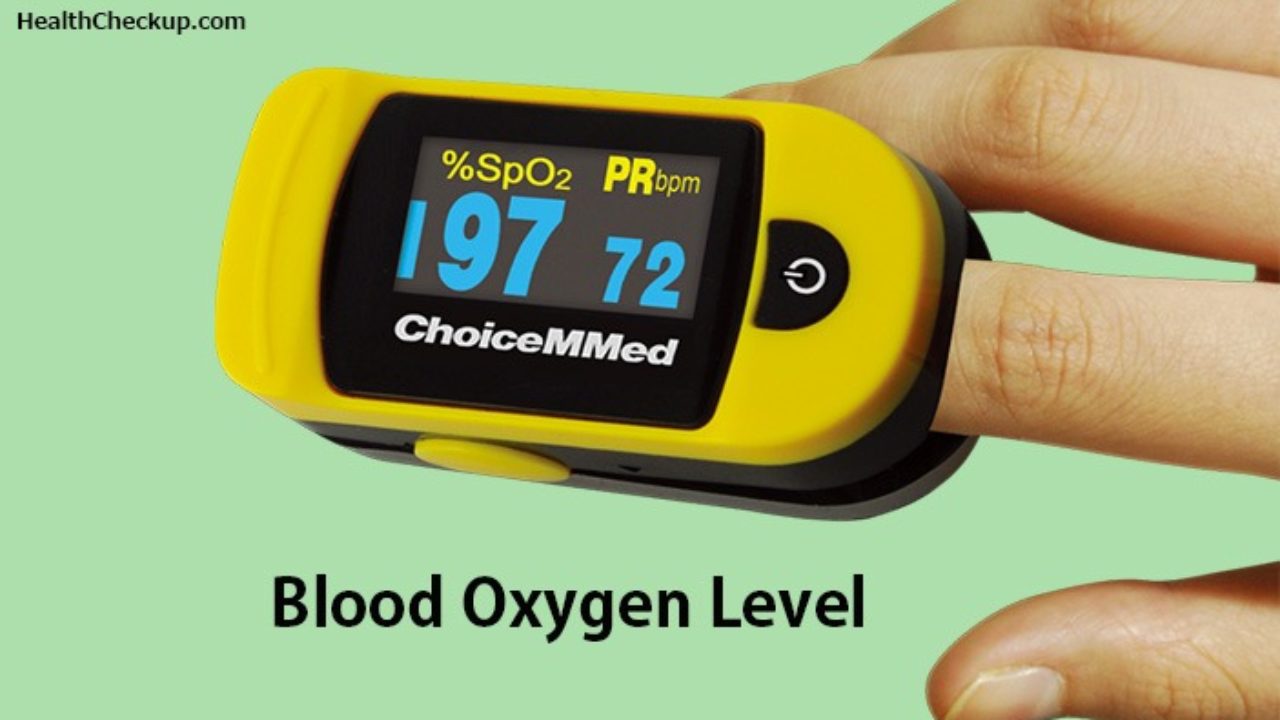If youre pregnant talk to your health care provider about getting tested for HIV and other ways to protect you and your child from getting HIV. You should consider getting tested if you are having any of these symptoms.
If you have symptoms Lewis Nelson MD chair of the Department of Emergency Medicine at Rutgers New Jersey Medical School recommends waiting to get tested until you develop symptoms if you do.

When should you get tested. You need to pay for a test privately and should not get a free test from the NHS. You should get tested if you are getting these symptoms Also get tested if you have come in contact with an infected person Symptoms of Coronavirus. But if your illness comes out of nowhere -- especially if it gets worse and begins to include other symptoms on the CDCs coronavirus symptoms list--.
As we get into the winter holiday seasonand the holiday travel seasonyou may be wondering when to get tested for COVID-19 before taking a. The hospital will arrange this for you. Fully vaccinated people with no COVID-19 symptoms do not need to be tested following an exposure to someone with COVID-19.
People who have symptoms of COVID-19. If you were tested before Day 7 of your self-isolation a repeat test is recommended on or after Day 10 following exposure. In other words getting tested the day after a potential exposure means youll have a very high chance of a negative test result even if you have been infected.
Shortness of breath or difficulty breathing. New loss of taste or smell. In some cases quarantine can be shortened to seven days with a negative test.
If you dont have symptoms you should quarantine and get tested around day five after exposure. It scales with the risks Pitzer says. Sexually active gay and bisexual men may benefit from more frequent testing for example every 3 to 6 months.
When You Should Get Tested For COVID-19 If you dont have symptoms Id recommend testing if you are in close contact with someone who has COVID-19 Dr. If youre travelling abroad you may need to get a test before you travel. You may need to get tested if youre due to have surgery or a procedure.
You should be tested at least once a year if you keep doing any of these things. First off if you have the hallmark signs and symptoms of infection from the coronavirus. Anyone who lives with you should get a Covid-19 test and quarantine for 10 to 14 days from their last contact with you.
But as a general rule greater frequency is important. Muscle or body aches. Some health experts say five days after exposure might be a good testing point since thats the median time when symptoms usually appear.
If you have had ongoing exposure to an individual who tested positive eg a household member get tested right away. Most people who have had close contact within 6 feet for a total of 15 minutes or more over a 24-hour period with someone with confirmed COVID-19. Who should get tested for current infection.
So now that theres a laundry list of maybe symptoms how do you know when to get tested. Its recommended that you wait to get tested for at least two to three days after potential exposure. Contact your hospital department if you have any questions.
The higher the likelihood of exposure the more frequently you should be tested. You should get tested immediately if you become symptomatic says Dr. Congestion or runny nose.
When taken within 5 days of the onset of your symptoms they correctly identify a positive test more than 90 percent of the time if done within 5 days of symptoms according to a 2020 study. Who should get tested.



